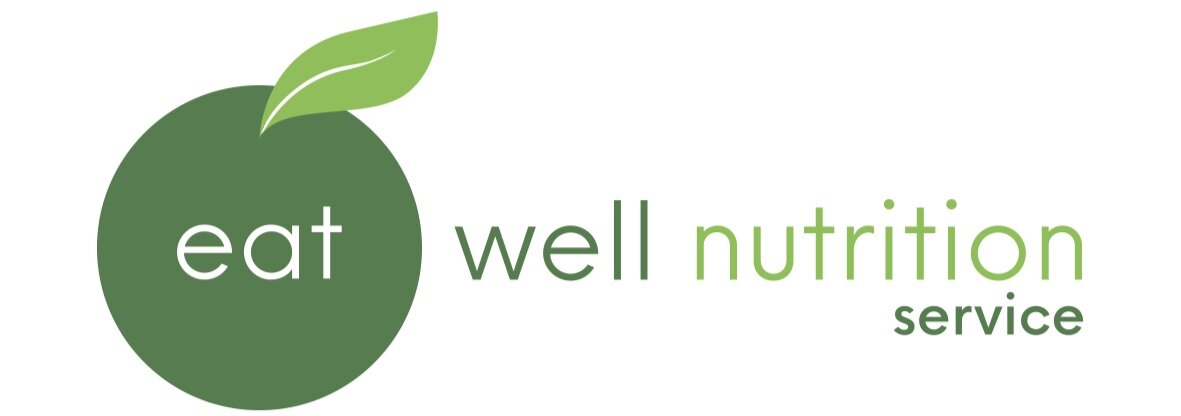Royal Commission Final Report; the news for food and nutrition in Aged Care
The Royal Commission Final Report has detailed some extensive and fundamental changes to the aged care sector in Australia. As we were all predicting, food and nutrition feature highly in the list of immediate recommendations in the Foundations of the New Aged Care System. While many of the recommendations may take years to play out, food and nutrition is high on the agenda for immediate reform.
Firstly Recommendation 19: Urgent review of the Aged Care Quality Standards which includes providing appropriate requirements to meet resident nutritional needs and ensure meals are desirable to eat, having regard to a person’s preferences and religious and cultural considerations adequate nutritional care and providing high quality dementia care (Aged Care Royal Commission Final Report: Recommendations page 223).
Secondly, Recommendation 112: Immediate changes to the Basic Daily Fee. The Australian Government should, no later than 1 July 2021, offer to provide funding to each approved provider of residential aged care adding to the base amount for the Basic Daily Fee by $10 per resident per day, for all residents.
The additional funding should be provided only on a written undertaking that the provider will conduct an annual review of the adequacy of the goods and services it has provided to meet the basic living needs of residents, and in particular their nutritional requirements, throughout the preceding 12 months, and prepare a written report of the review (Aged Care Royal Commission Final Report: Recommendations page 286).
How well prepared are you to be able to provide evidence to support the provision of food to meet the nutritional requirements of your consumers? Have you considered the steps you may need to take now to ensure you have adequate evidence to support your review report? How will you measure the ‘unplanned weight loss’ against your internal quality indicators for food provision? Do you have adequate and regular dietetic involvement to help achieve high quality food provision?
An experienced and skilled aged care dietitian will be able to help you to ensure that many of the review areas that pertain to ‘meeting the nutritional requirements’ of consumers are able to be demonstrated and are in line with evidence based care. The best place to start is to ensure that you have a regular visiting dietitian service provider that can work with you and your team to plan and implement many areas of quality and care across your home. This is not just quality clinical care in line with meeting the individuals dietetic requirements, but ensuring that the link between catering and hospitality spans across the care domain and that consumers are receiving food and nutrition that meets their needs, preferences and supports their quality of life.
Our highly experienced dietetic team at Eat Well Nutrition Service can assist you and your home with expert dietetic support. We have years of experience and knowledge and can assist in many ways to support your home to provide high quality nutritional care for consumers.
· Menu review which includes onsite meal assessment.
· Regular dietitian visits to optimise clinical outcomes.
· Catering and hospitality audits; meal presentation, portion size, wastage, meal weights, oral supplement audits.
· Assistance with policy and procedures for nutrition and catering; food first, N&H, catering, hospitality.
· Food, catering and nutrition meetings.
· Staff educations; N&H, IDDSI, catering, wound management.
Contact us for more information about our expert service and how we can help you to be ready for the impending change.

